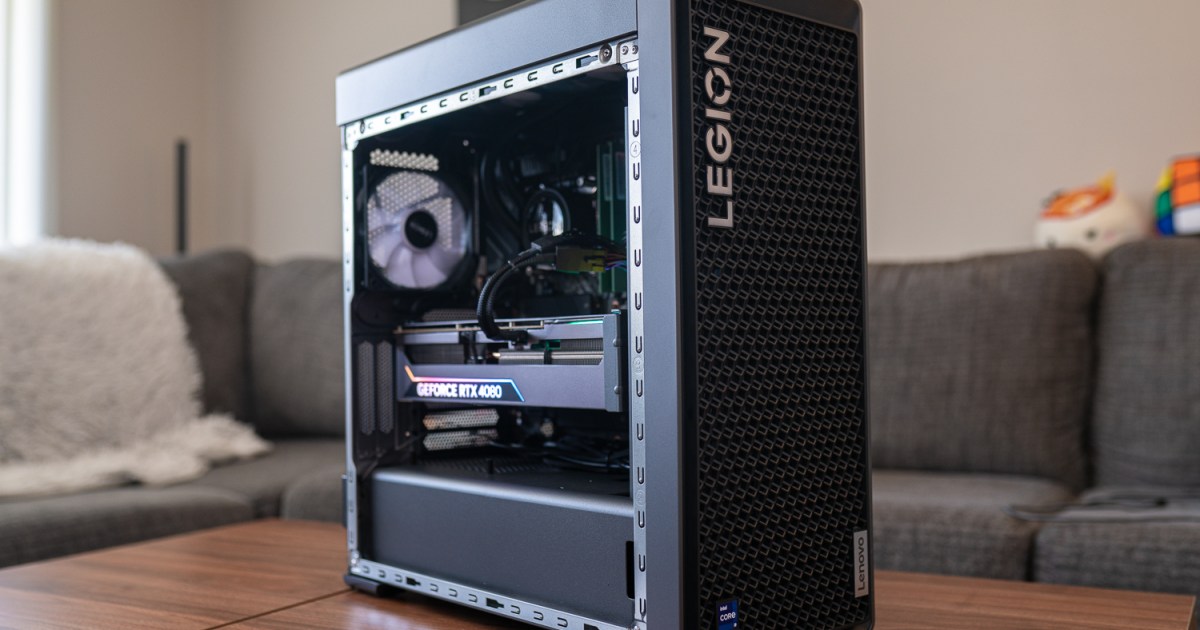[ad_1]
The CEO of U.S. chipmaker Nvidia, Jensen Huang, urged Japan to Build its artificial intelligence technology rather than relying on imports.
As countries across Asia explore “sovereign AI” initiatives, Huang believes Japan has compelling reasons to develop its own AI capabilities tailored to its unique data, language, and cultural nuances.
The Case for Domestic AI Development
During a press briefing at Nvidia’s GTC conference in San Jose, California, Huang emphasized the importance of Japan leveraging its distinct characteristics to create AI solutions that truly resonate with its population.
The data of Japan, the language is very specific, the culture is very specific, and there is no reason to allow some other third party to harvest that data, create an AI, and then import it back to Japan, he stated.
Huang’s argument is rooted in the belief that AI models trained on data from other regions may not adequately capture the nuances and intricacies of Japanese society.
By developing its own AI technologies, Japan can ensure that the models are tailored to its unique needs, ultimately leading to more effective and relevant solutions.
Beyond the cultural and linguistic considerations, Huang also highlighted Japan’s aging population as a driving force behind the need for homegrown AI development.
With a shrinking workforce, Japan must find ways to boost productivity, and Huang believes AI is the best way we know to improve productivity, he added.
By harnessing the power of AI, Japan could potentially alleviate some of the pressures caused by its demographic shifts, automating tasks and streamlining processes across various sectors.
This could help maintain economic growth and improve the quality of life for Japan’s rapidly aging population.
Nvidia’s Opportunities in “Sovereign AI”
As countries in Asia increasingly prioritize the development of domestic AI capabilities, Nvidia sees significant opportunities in this emerging market. Huang expressed enthusiasm for the “energy of Japan,” suggesting that the country’s renewed focus on AI aligns with Nvidia’s interests.
Notably, the company’s high-performance graphics processing units (GPUs) are essential hardware components for training and deploying AI models. So, as nations like Japan and India ramp up their AI initiatives, the demand for Nvidia’s products is likely to surge.
Huang specifically mentioned India’s recent approval of a $1.25 billion investment plan to build computing infrastructure and develop large language models.
If India is buying GPUs for AI … Nvidia is very interested. We are open for business,
He stated, signaling the company’s willingness to support Asia’s “sovereign AI” ambitions. Japan has already taken steps to develop its own AI capabilities, particularly in areas like scientific research and medical advancements.
Last summer, reports surfaced about the country’s plans to leverage generative AI to accelerate discoveries in fields such as medicine and materials science.
More recently, the Japanese government launched the Generative AI Accelerator Challenge, aimed at providing startups with better access to AI resources and fostering innovation in the sector.
These initiatives show Japan’s recognition of the strategic importance of AI and its commitment to developing domestic capabilities.
Maqvi News #Maqvi #Maqvinews #Maqvi_news #Maqvi#News #info@maqvi.com
[ad_2]
Source link












































